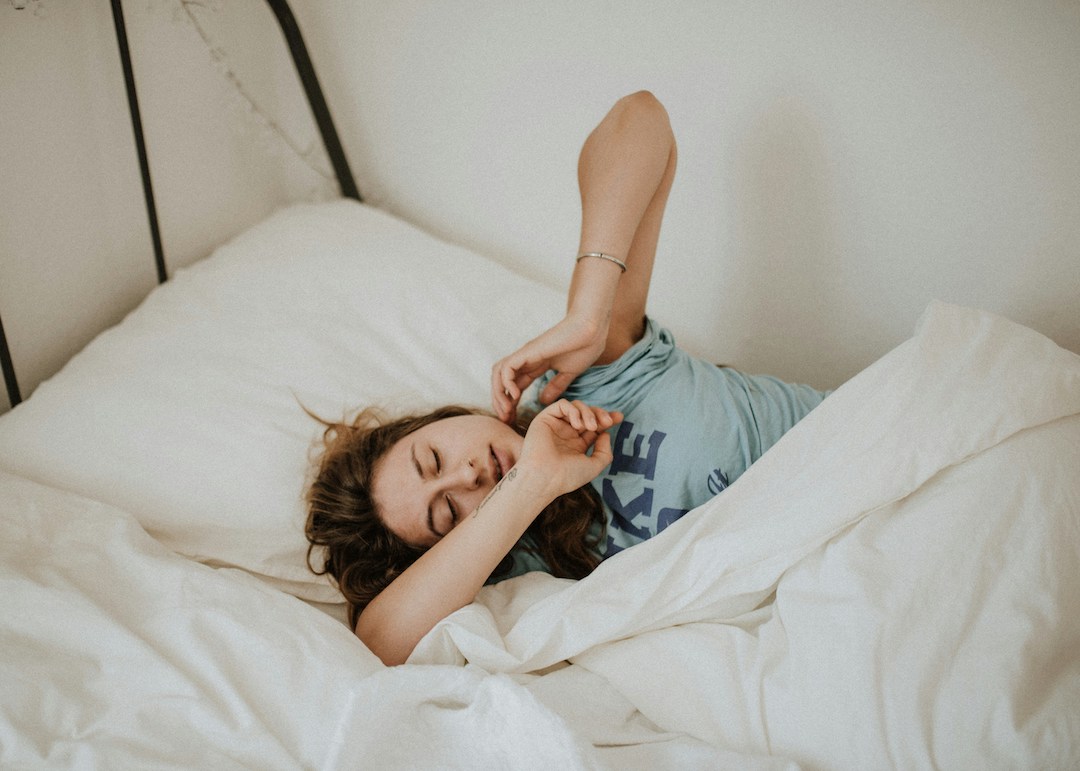A new wearable sensor will help experts to track the impact of artificial light on our bodies’ sleeping patterns.
Developed by Monash University, the world’s first wearable device will record how artificial light can influence sleep, mental wellbeing and health conditions.

A device for better sleep
The ‘MiEye’ sensor was first conceptualised by biology experts Professor Sean Cain and Associate Professor Andrew Phillips from the Faculty of Medicine, Nursing and Health Sciences.
The device is around the size of a 20-cent coin, and can detect more than 11 different light channels including fluorescent light, overhead LED, sunsets, phone lights and more. This information is then sent to a phone app, which determines the impact of this light on an individual’s body clock.
According to Professor Sean Cain, this information is vital for monitoring overall health.
“By providing feedback on light environments, we are trying to make people more conscious of their exposure to different types of light and guide them towards healthier light exposure patterns,” Professor Cain said.
“By helping to manage circadian rhythms, MiEye will be a powerful clinical tool that can aid in the treatment of type 2 diabetes, mental health issues, cardiovascular disease and hypertension, and generally improve health and longevity.”
The device was made in collaboration with Circadian Health Innovations, a company co-founded by the lead researchers. Already, MiEye has won the prestigious Australian Good Design Award for 2022.

The impact of artificial light at night
Circadian rhythm is the 24-hour clock which coordinates several vital bodily processes including sleep. According to the Sleep Foundation, exposure to light at night can negatively impact this rhythm, hindering transitions between sleep cycles to result in a poorer quality of sleep and less time in deep, restorative sleep stages.
Light exposure also slows the production of melatonin, a natural sleep hormone which stabilises the circadian rhythm. A lack of melatonin can lead to excess drowsiness and sleeping problems.
In an article published in the journal Scientific Reports, experts found that light exposure at night can also influence mood and trouble in memory and concentration.
Moving forward
While the device is currently available to a select group of researchers, the team aims to release it more widely to clinicians and researchers in 2025.
“Ultimately we aim to have the device available to the public where people can use it to get real-time feedback and understand as well as manage their exposure to different types of light. This can be especially useful for travellers suffering from jet lag and shift workers,” Associate Professor Phillips said.
“For it to be a feasible wearable device, we designed MiEye to be as compact and light as possible while still incorporating the required sensors from the technological point of view,” SensiLab Engineer, Elliott Wilson said.

